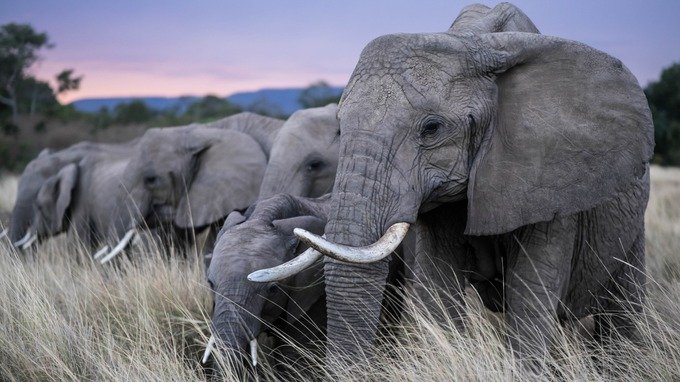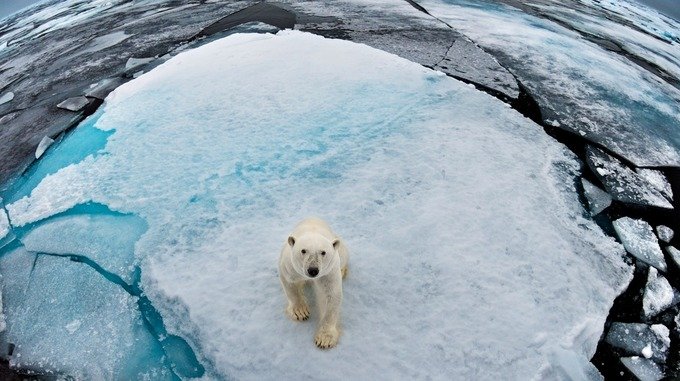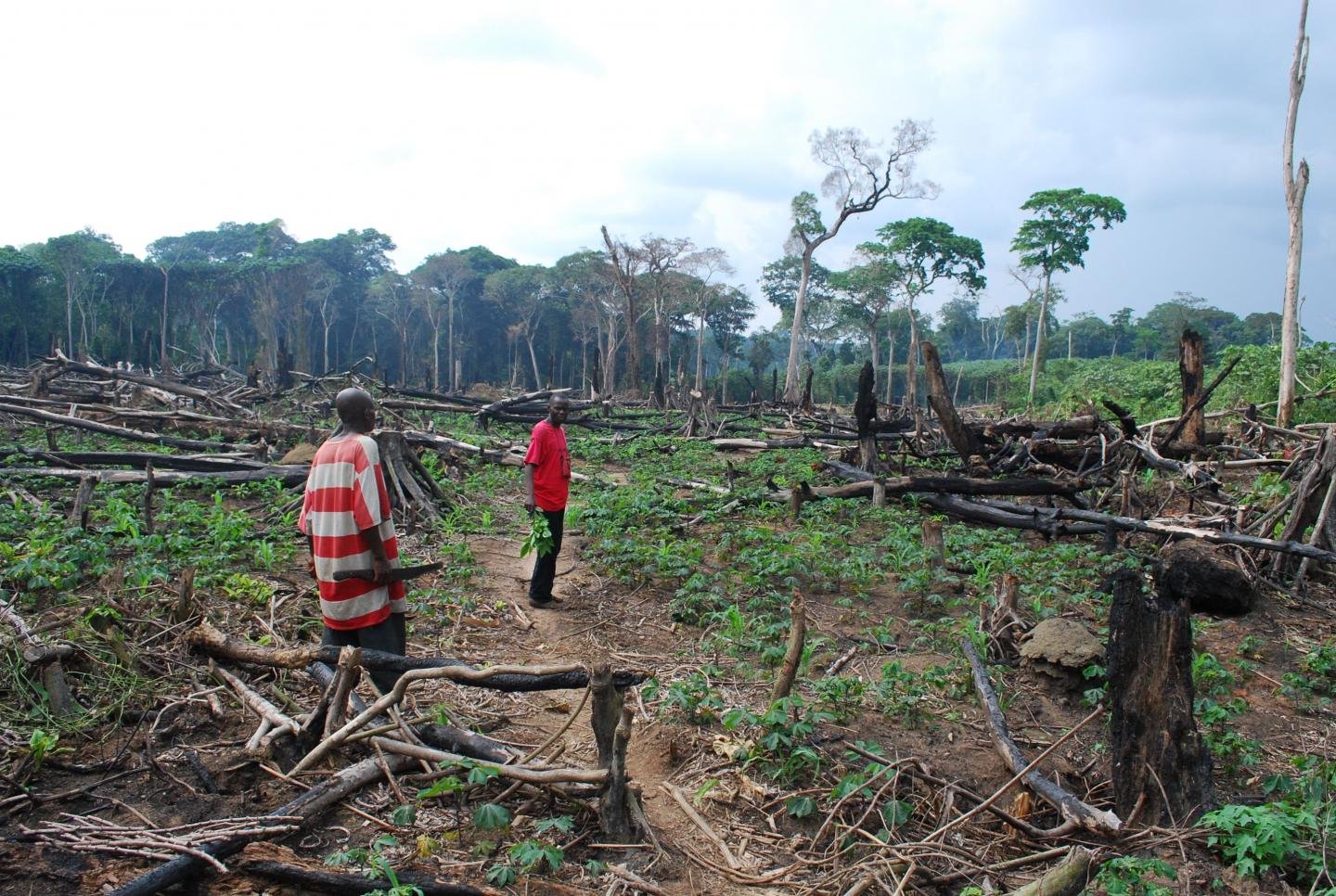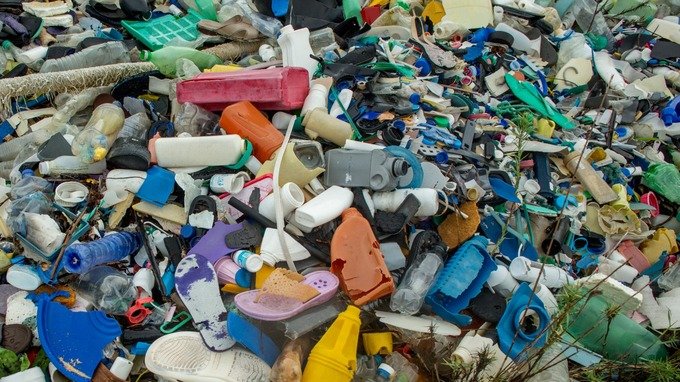Humans and animals have been coexisting on this planet for centuries. But over time, humans have gone to the extent of overusing the natural resources, causing huge destruction of the wildlife.
According to a latest report by WWF, humanity is responsible for wiping out as much as 60% of the wildlife. Conservationists have also issued a warning that current efforts to protect nature are not enough and more needs to be done to stop the extinction of several species of flora and fauna.

Speaking to The Guardian, Mike Barrett, Executive Director of science and conservation at WWF, said:
“We are sleepwalking towards the edge of a cliff. If there was a 60% decline in the human population, that would be equivalent to emptying North America, South America, Africa, Europe, China and Oceania. That is the scale of what we have done.”
The Living Planet Index released by the WWF tracks the decline of wildlife over the years. The latest data suggests that the populations fell by 60% between 1970 and 2014.

Humans have encroached upon 75% of the land on Earth.
While poaching has been one of the major causes of this decline, it is not the only reason. Humans are negatively impacting wildlife through pollution, use of pesticides, destruction of natural habitats, and climate change.

India has seen a rise in tiger population over last six years and China has also witnessed an increase in the population of red panda. This shows that conservation efforts are working, but the main concern that still remains is consumption of resources.
The report also talks about plastic pollution, which has infiltrated even the deepest oceans of the earth.

The intensity of wildlife destruction can be gauged from the fact that even if we stop now, it will take 5-7 million years for our natural resources to recover.
To quote Tanya Steele, Chief Executive of the WWF,
“We are the first generation to know we are destroying our planet and the last that can do anything about it.”
It’s time we as individuals did something about it.
Top picks for you

















